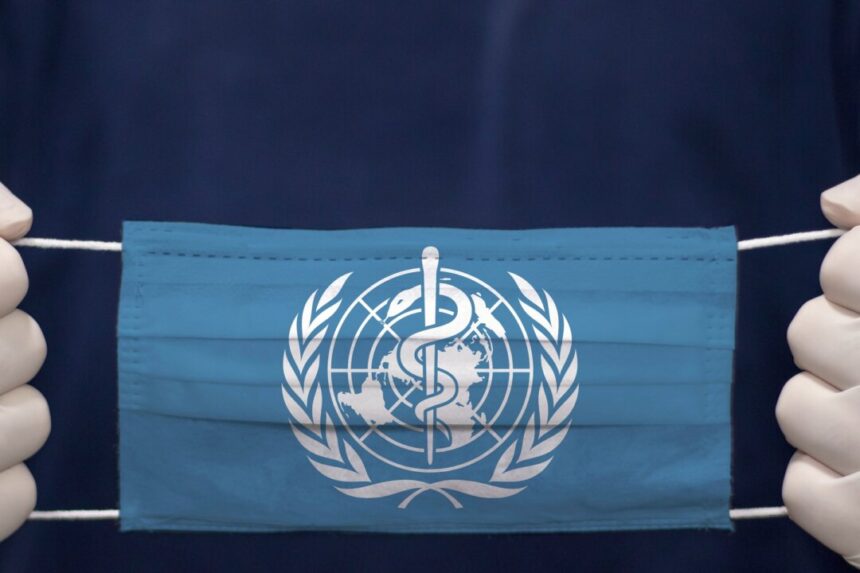David Bell explained, “But the reality is that this agreement would greatly expand the powers of the WHO and could potentially infringe on the sovereignty of member states.” Bell has been closely monitoring the progress of the agreements with a critical eye. Supporters of the agreements argue that the WHO will lack the authority to enforce directives or recommendations, such as lockdowns or quarantines on member nations. However, a 2022 petition signed by 15 state attorneys general suggests that the HHS could have such authority in case of a health emergency declared by the WHO.
The state AGs protested an HHS decision to give the WHO Director-General the power to declare a public health emergency within the United States. They argued that this violates state and federal sovereignty by allowing an international organization to exercise police powers without proper authorization. The AGs highlighted concerns about the HHS potentially apprehending and examining individuals during a health emergency, as well as authorizing detentions under certain circumstances.
Critics question the rushed process of granting new powers to the WHO, bypassing public discussions and debates typically associated with treaty agreements. A report co-authored by Dr. Bell from the University of Leeds argues that the WHO’s claims of an escalating pandemic frequency are not supported by evidence. Critics also note that the WHO’s actions during COVID-19 were criticized for lack of timely and accurate information sharing.
Some US states have pushed back against the pandemic treaty, passing laws to ensure that state authority is not superseded by WHO agreements. Florida rejected international health organizations’ policies, and Louisiana passed a bill restricting the jurisdiction of the WHO, UN, and World Economic Forum within the state. Tennessee lawmakers are working on legislation to allow citizens to nullify mandates conflicting with their constitutional rights.
Critics anticipate challenges at the upcoming World Health Assembly meeting, suggesting that countries have not had enough time to assess the impact of the agreements on their budgets, resources, and health systems. Concerns have been raised by several countries, indicating a potential roadblock in reaching agreements on the pandemic treaty and IHR amendments.
According to Dr. Nass, the new health deal that was approved this spring may have involved cutting too many corners. She pointed out that the WHO constitution restricts the types of regulations that the organization can issue, and the amendments to the International Health Regulations (IHR) exceed these limitations. Dr. Nass stated that such extensive regulations would require the creation of a treaty instead.






